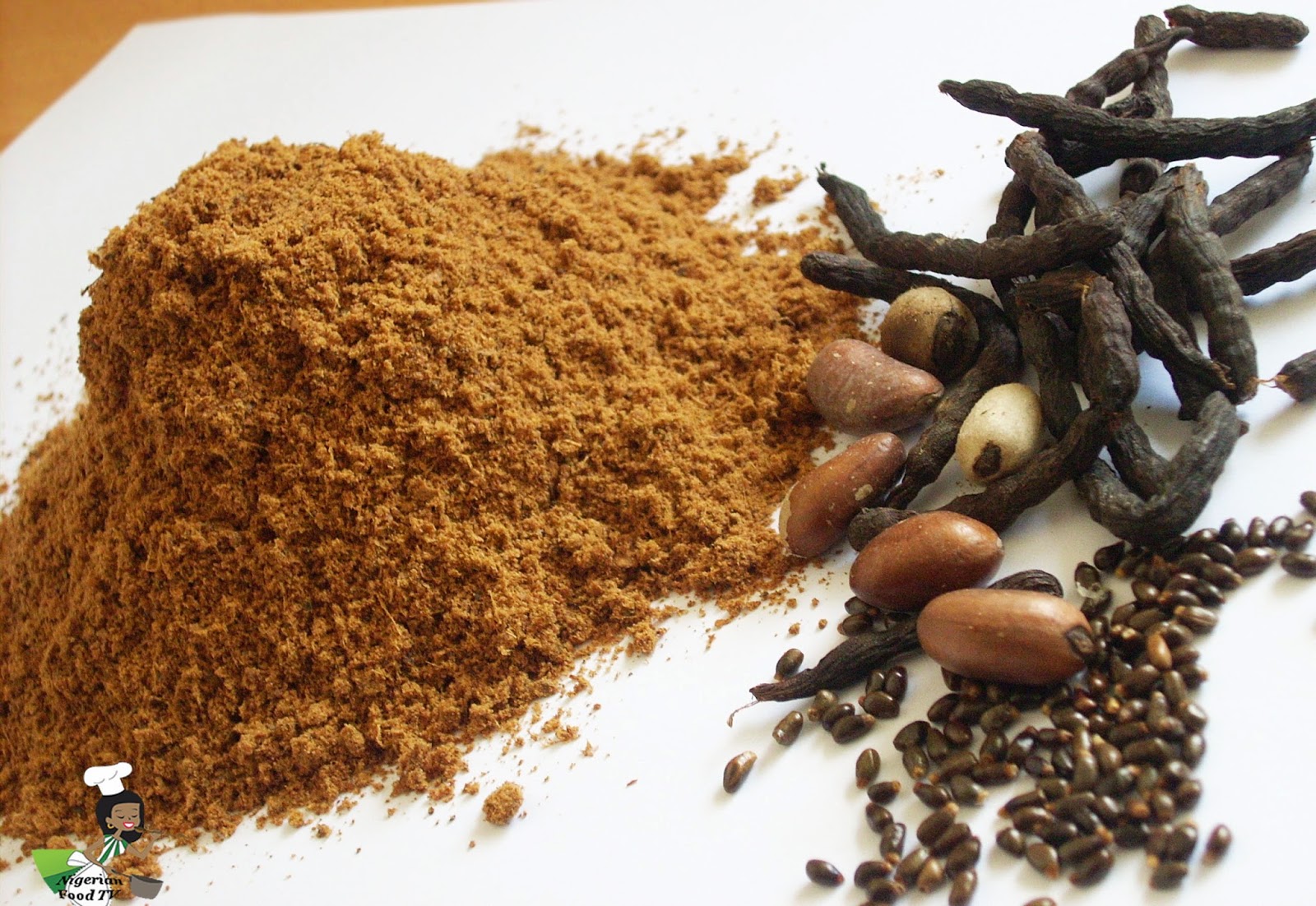Study shows pepper soup spice could work against coronavirus
Negro pepper, or Ethiopian pepper, could be effectively inhibit the entry of coronavirus into the human body, a study has shown. For coronavirus to enter the human cell, it needs a receptor in the human body called the human angiotensin-converting enzyme 2. FG says Nigeria still in danger as coronavirus kills 1,002 Players’ union boss […]

Negro pepper, or Ethiopian pepper, could be effectively inhibit the entry of coronavirus into the human body, a study has shown.
For coronavirus to enter the human cell, it needs a receptor in the human body called the human angiotensin-converting enzyme 2.
FG says Nigeria still in danger as coronavirus kills 1,002
Players’ union boss Babangida demands disbursement of Coronavirus palliatives
The virus itself has its own enzyme, protease, which aids its replication.
Researchers in a recent release through the Archives of Razi Institute show Negro pepper contains compounds, among them elagic acid and xylopic acid, that can inhibit the virus from latching on.
The spice is Kimba in Hausa, Uda in Igbo, Erunje or Erinje or Eeru in Yoruba, and has been used in folk medicine in various regions of West Africa, as well as in managing various diseases.
It has also been used to impart flavour and aroma in food preparation.
Other tropical plants that had been suggested include ginger, thyme, citrus, gum tree.
The team comprised Dr. B.J. Oso (lead investigator), Dr. S. O. Omeike and I. Olaoye (co-investigators), all lecturers in the Department of Biological Sciences, McPherson University.
The study evaluated the binding affinities of some natural products (resveratrol, xylopic acid, ellagic acid, kaempferol, and quercetin) to human angiotensin converting enzyme 2 and coronavirus (SARS-coV-2) main protease.
It compared the binding energies to that of chloroquine.
The respective binding energies of the selected natural compounds and chloroquine towards the proteins were computed using Pyrex Virtual Screening tool.
The pharmacodynamic and pharmacokinetic attributes of the selected compounds were predicted using admetSAR.
The molecular docking analysis showed the natural compounds had the better scores towards the selected protein compared to chloroquine with polar amino acid residues present at the binding sites.
The predicted ADMET properties revealed the natural products lower acute oral toxicity compared to chloroquine.
The study provided evidence suggesting that the relatively less toxic compounds from natural source could be repositioned as anti-viral agents to prevent the entry and replication of SARS-CoV-2.
The study is in silico and only predictive, and the researchers have called for laboratory-based findings around the spice.
“The outcome could be our relatively less toxic weapon which could play traditional roles in the joint fight against the novel coronavirus,” the researchers say.
“Through this study, we have merely pointed researchers in the right direction.
“Plants are a rich source of natural compounds that contribute to anti-infective properties of their products,” said Omeike.
“However, purification of these compounds is a vital step towards validating their efficacy and toxicity in the laboratory, or lack of it thereof, before money-hungry, self-acclaimed traditional experts make these potentially medicinal plants into herbal preparations and concoctions.”
